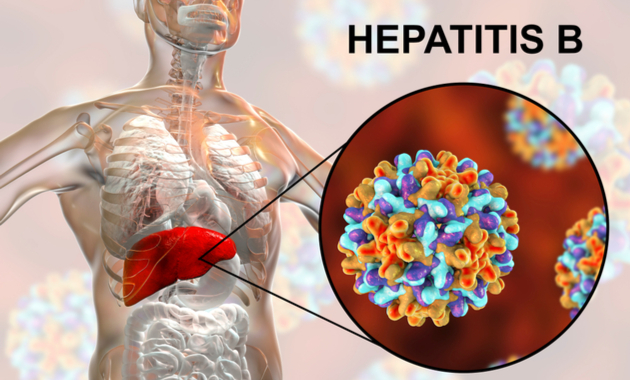
Hepatitis B is a significant public health problem in India, yet disease awareness is very low among the general population. According to a 2017 study published in the Journal of Clinical and Translational Hepatology India has a disease burden of about 50 million, with a prevalence rate of 2-7%. Hence, in this article, Dr. Arvind Khurana, Gastroenterologist, Fortis Hospital, Delhi explains the common causes, risk factors, symptoms, treatment, and prevention of hepatitis B.
What Are The Causes And Risk Factors Of Hepatitis B?
Hepatitis B infection is caused by a hepatitis B virus (HBV) which can be spread through close contact or through blood. It can also spread from mother to baby during pregnancy (fetal transmission). Some of the modes of transmission of the virus include:
-Letting broken skin come in contact with tears, saliva or blood of a person infected with the virus
-Sharing toothbrushes with a person infected with the virus
-Sharing food or drinks with a person infected with the virus
-Drinking contaminated water (fecal contamination of drinking water)
-Having sex with a person suffering from HBV infection
-Eating undercooked or contaminated food such as meat or meat products
-Getting a blood transfusion from a hepatitis B infected person
-Using infected needles while injecting drugs or tattoos
The prevalence of HBV is also higher in high-risk groups which include patients:
-With chronic kidney disease.
-With thalassemia, hemophilia or leukemias.
-On dialysis.
-Receiving immunosuppressants.
-On cancer chemotherapy.
Buy best liver care products at 1mg at an affordable price!
What Are The Symptoms Of Hepatitis B?
Hepatitis B may not show any symptom in the earlier course of the disease. This the reason why people with acute hepatitis B may fail to consult a doctor. However, some of the common symptoms of hepatitis B include:
-Fatigue
-Sore muscles and joints
-Dark-colored urine
-Loss of appetite
-Nausea
-Diarrhea
-Fever
-Abdominal discomfort
-Weakness
-Yellowing of the skin (jaundice) and eyes.
If you suffer from any of these symptoms, consult your doctor immediately to avoid any health complications due to hepatitis B.
Are You At Risk Of Chronic Hepatitis?
The age at which a person gets infected with the hepatitis B virus also plays a key role in the severity and treatment outcome. It is reported that younger the patients, higher is the risk of chronicity. For example, the chances that an infection with HBV can be chronic is more than 90% in newborns and around 30% in children aged 2–5 years. However, the chronic nature of the disease is less than 5% in healthy adults and around 20-30% of those who suffer from the infection might develop liver cirrhosis or cancer.
**Consult India’s best doctors here**
How To Prevent Hepatitis B?
Following are some simple sanitation and hygiene measures can help you to lower your risk of hepatitis B to a great extent. These include:
-Drink boiled water and avoid drinking water from public sources or unknown water sources.
-Keeping your toilets clean for safe and proper disposal of feces.
-Making sure you wash your hands with clean water before and after visiting a washroom
-Ensuring to wash your hands with soap and water before and after eating food
-Avoiding the consumption of water and/or ice from contaminated sources.
-Making sure the guidelines for immunization, blood transfusion and injection are followed properly.
-Practicing safe sex and promoting the use of condoms correctly and consistently.
-Getting vaccinated for hepatitis B (both kids, adults and high-risk individuals) as per medical advice.
Who Should Get Vaccinated For Hepatitis B?
Kids and adolescents who are younger than 18 years old and those who are not being vaccinated previously should get vaccinated. Moreover, people who belong to the high-risk groups should get vaccinated. This includes:
-Individuals who require blood transfusion frequently such as those suffering from thalassemia
-Patients on dialysis or recipients of organ transplantation
-People who take drugs through sharing needles and syringes
-People with multiple sex partners
-Healthcare workers who are exposed to blood and blood products
-People traveling to hepatitis B endemic areas.
(The article is verified by Dr. Lalit Kanodia, General Physician)
Recommended Reads:
Your Liver Could Be In Trouble!
Could You Be Suffering From Viral Hepatitis And Not Know It?
References:
Ray G. Current Scenario of Hepatitis B and Its Treatment in India. J Clin Transl Hepatol. 2017 Sep 28;5(3):277-296.